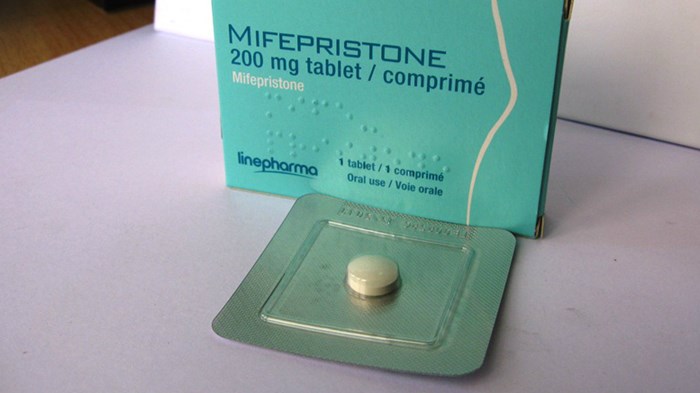Chemical Abortion and the Law
You may have read that last week, the U.S. Supreme Court declined to hear a challenge to a law regulating chemical abortion in Arkansas. The law requires chemical abortion vendors to partner with doctors who have hospital admitting privileges. As a result, two Arkansas abortion centers that do only chemical (and not surgical) abortions, and which cannot find willing partners, are expected to shut down.
This is encouraging not only for Arkansas—where at least 608 chemical abortions took place in 2014, the last year for which data is available—but for the pro-life movement nationally. The implications are significant.
Over the last few years, the abortion lobby has emphasized the strategy of expanding chemical abortion. Industry-friendly publications like Marie Claire and The Guardian have openly mused about a future in which abortion pills are available over the counter, bypassing clinics and all the regulation that goes with them.
This would be disastrous not only for the babies at risk of death and the women at risk of complications, but also for women with wanted pregnancies. There is simply no way to increase access to abortion pills for women without also increasing it for abusive men, who have already shown their willingness to force chemical abortions by slipping pills into their partners’ drinks. And those cases are just the tip of the iceberg; since chemical abortion mimics a natural miscarriage, most victims have no idea what has happened.
Last October, the ACLU filed a lawsuit in the United States District Court for the District of Hawai’i, seeking to make abortion pills available in retail pharmacies like CVS and Walgreen’s. Although this case doesn’t involve removing the prescription requirement (yet), other safeguards to screen out abusers—such as the requirements that vendors receive training and certification from the manufacturer, maintain signed patient agreement forms, and supervise the dispensation of the pills—are very much on the ACLU’s chopping block. Those legal proceedings have been delayed, and the government defendants are expected to respond by the end of this month.
It’s hard to believe that the Supreme Court which declined to intervene in the Arkansas chemical abortion case would buy the ACLU’s arguments for chemical abortion expansion in the Hawai’i case. Stranger things have happened, and Secular Pro-Life will continue to monitor the proceedings, but I would not be feeling optimistic if I were an ACLU attorney. That’s bad news for abusers, and great news for mothers and children.


Leave a Reply
Want to join the discussion?Feel free to contribute!